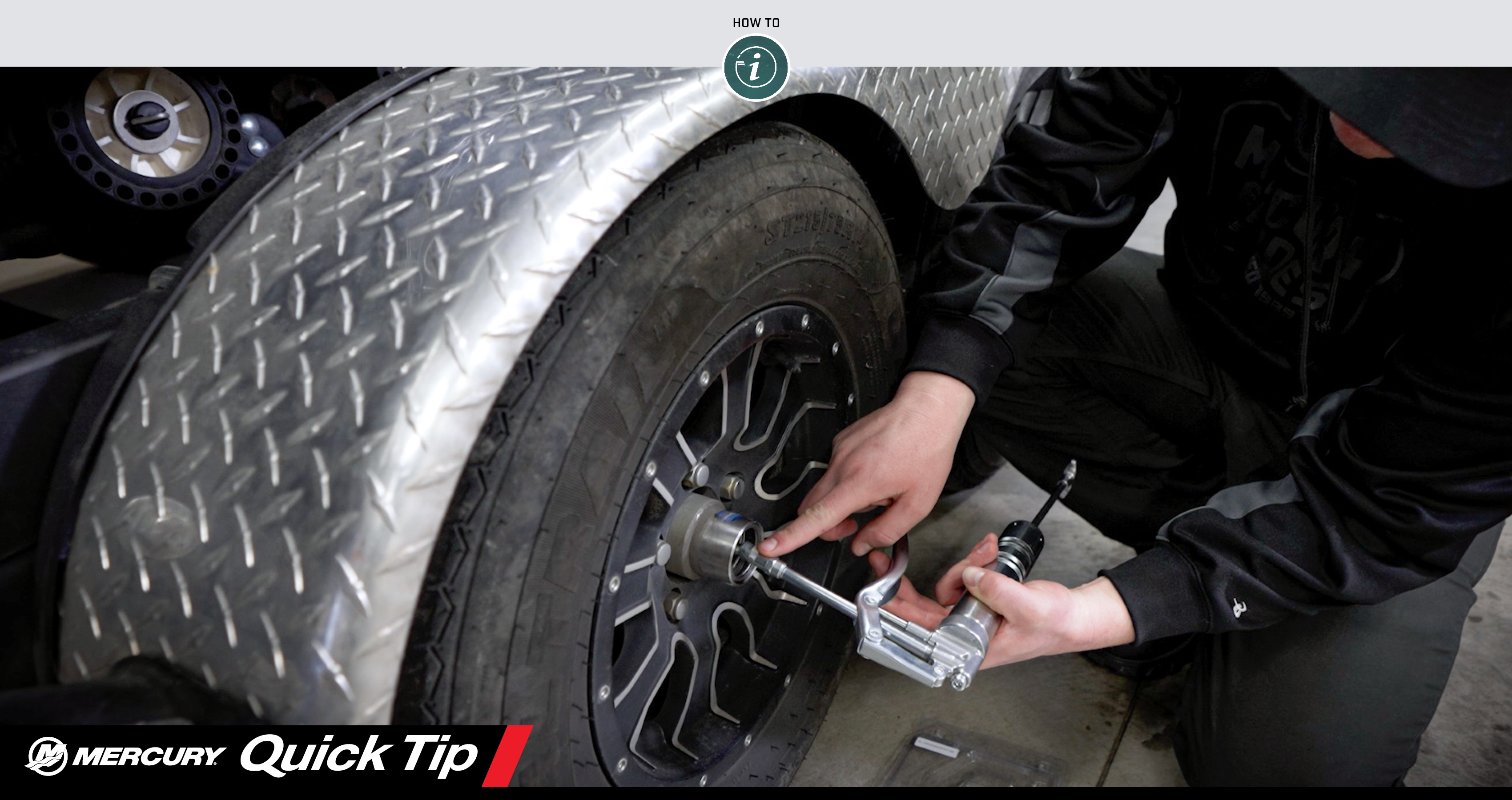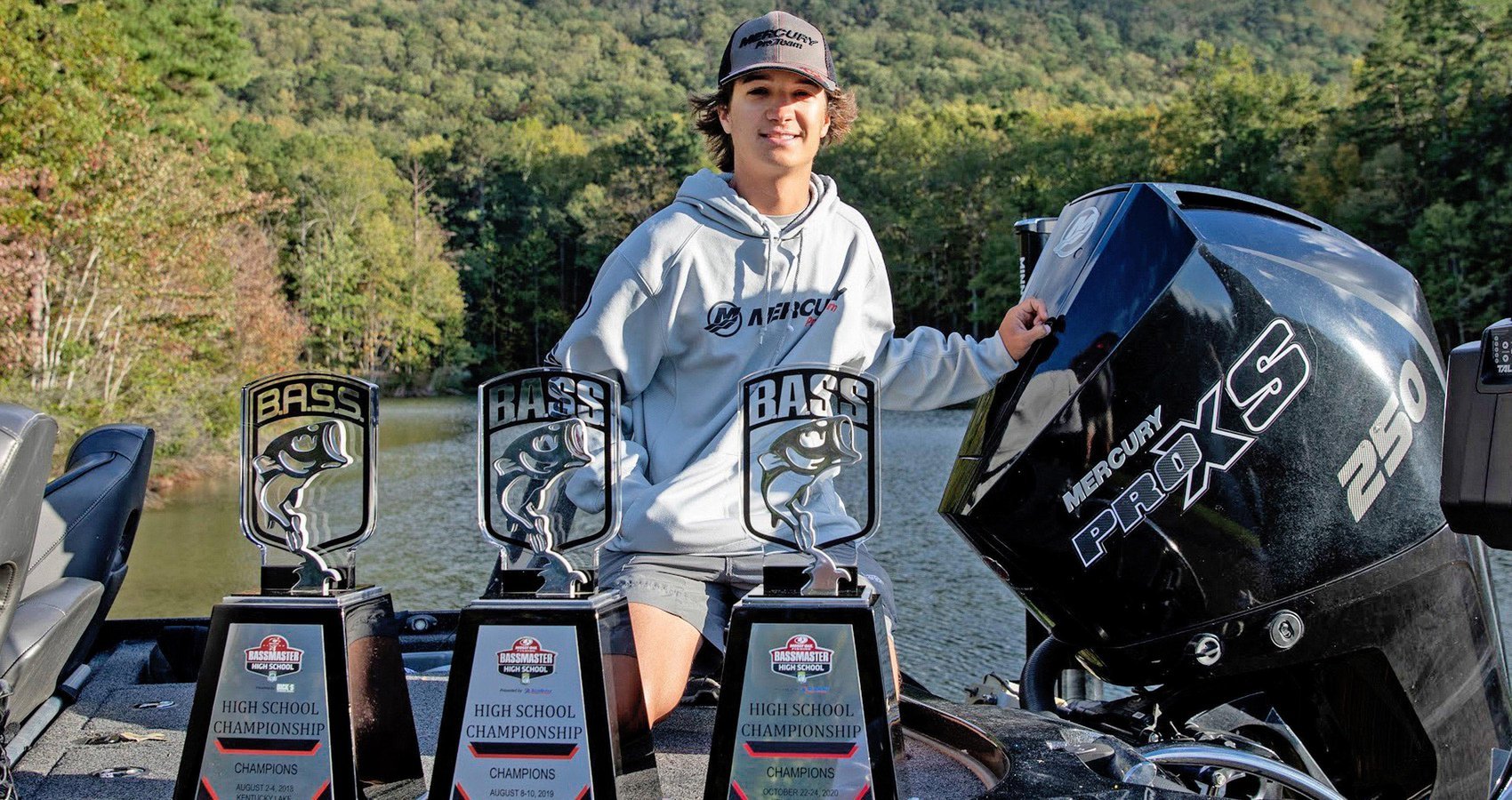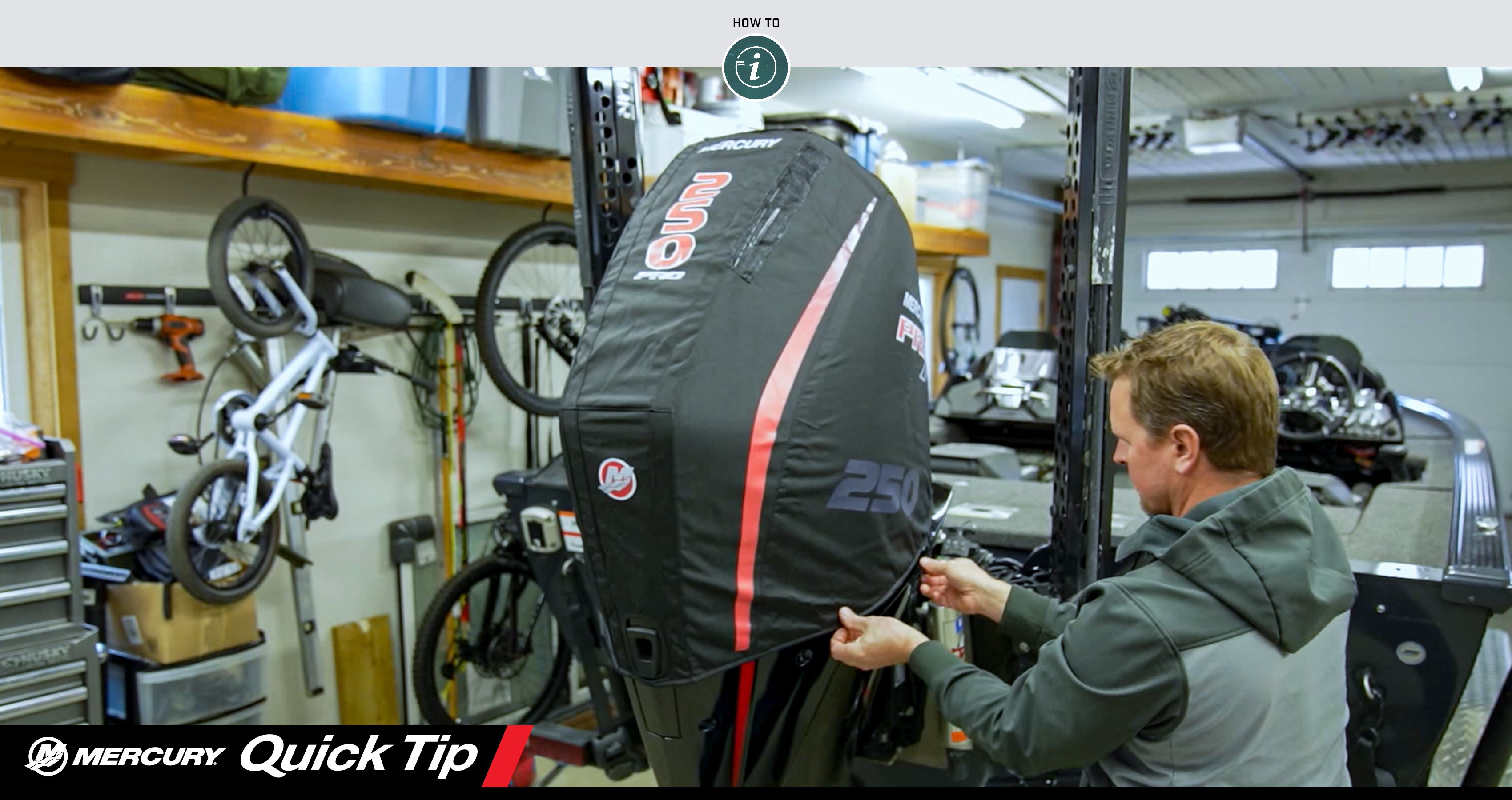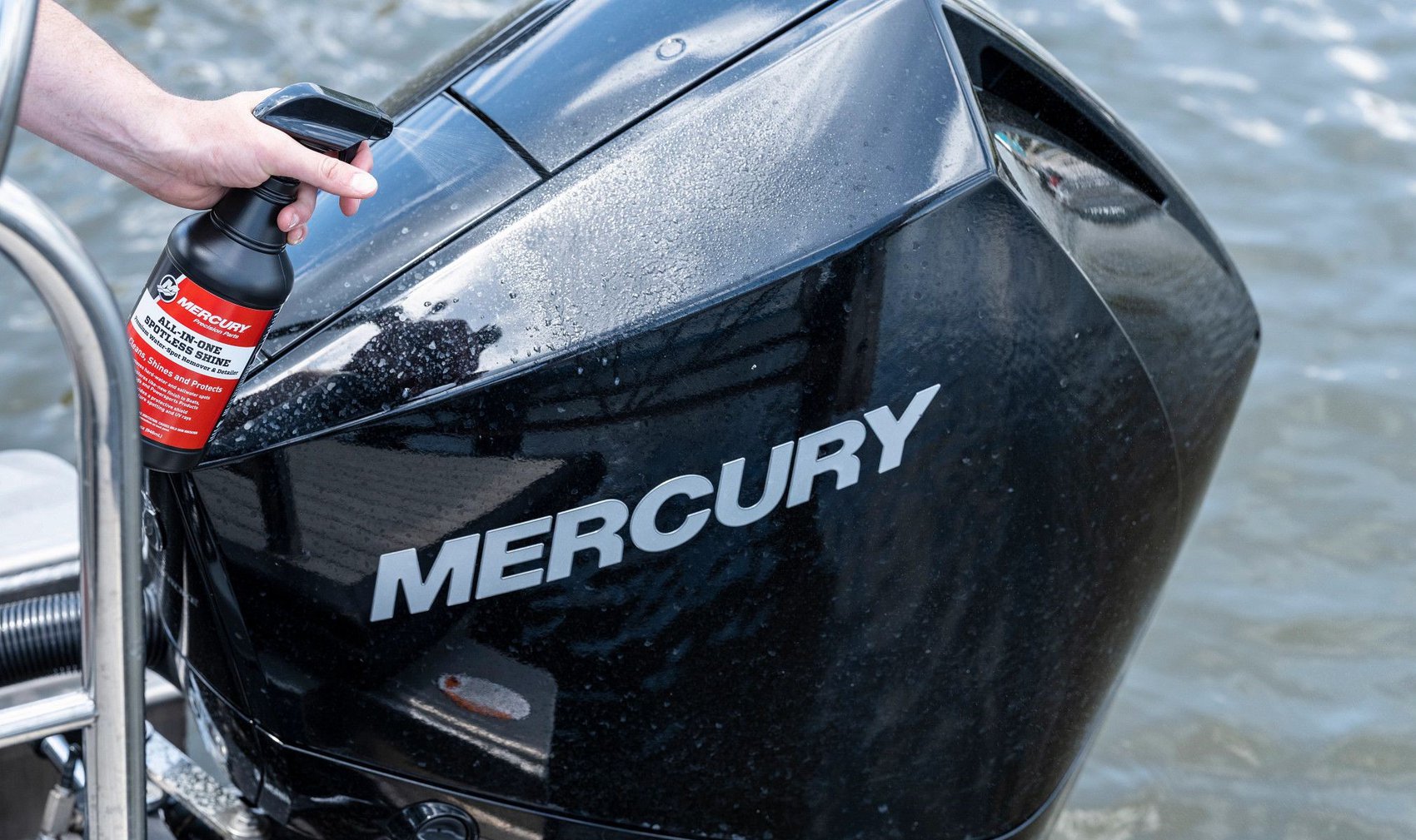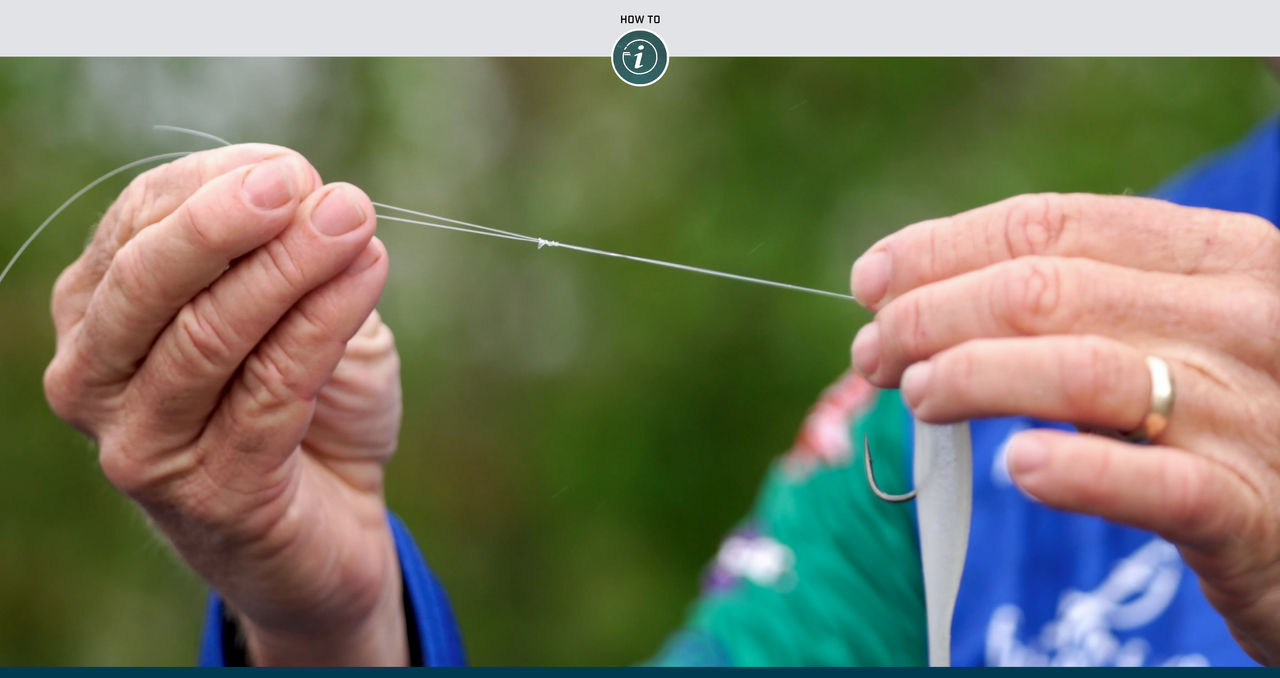Mercury Pro Team member Alton Jones, of Lorena, Texas, believes the reverse clinch knot is a great knot for all types of fishing lines. It’s easy and fast to tie and forms a strong connection.
The only real doubt in his mind about the reverse clinch knot is its name. Because the knot is so similar to the popular San Diego jam knot, with one less step, as well as other versions of “improved reverse” clinch knots, Jones says this knot could actually go by different names among other anglers. Regardless, it’s his go-to knot.
“For every application except a drop-shot, I use the reverse clinch knot, or at least that’s what I call it,” said Jones, the 2008 Bassmaster Classic champion, who fishes today on the Major League Fishing Bass Pro Tour.
“I’m sure the extra step in the San Diego jam probably doesn’t hurt,” he added, “but in my experience, the way I tie the knot is rock solid.”
The following steps will ensure a tight, secure knot. You can also follow along in the video below to see how Jones ties it.
Tying the Reverse Clinch
- Run a foot of line through the eye of the hook.
- Bring the tag end back up along the main line, so the two are parallel and the lure is dangling below.
- Pinch both lines between your thumb and index finger at about the midway point of the tag end. This leaves about 6 inches or so of tag end to work with.
- Holding the two lines together, bring the last 6 inches of the tag end down and wrap it around both lines six times, working toward the hook.
- There should be a loop at the top of the wraps, where you were holding the line. Run the tag end through his loop.
- Cinch the knot down slightly.
- Wet the knot.
- Slowly cinch the knot down tight.
- Trim the tag end.
That’s it. The only variation is the number of wraps. Jones uses six wraps when fishing with fluorocarbon and monofilament. When he uses braided line, he increases to nine wraps to help keep it from slipping on a hard hookset.
Simple, fast and strong, the reverse clinch is a knot every angler should try.
Alton Jones competes in a Ranger Z520R powered by a Mercury 250hp Pro XS® outboard. To see more from Jones, follow him on Instagram, Facebook and Twitter.
